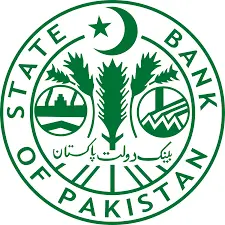Bangkok June 22 2022: Thailand is curbing imports of liquefied natural gas due to surging prices, potentially putting the country at risk of fuel shortages.
State-run importers cut purchases of liquefied natural gas (LNG) from the spot market because of skyrocketing prices and limited availability, according to traders.
And while they plan to boost purchases of cheaper alternatives, like diesel and fuel oil, the deficit left by cutting LNG may be too large to be filled by other sources, said the traders who did not want to be named as they’re not authorised to speak to the media.
“We won’t let a fuel shortage happen,” deputy government spokeswoman Rachada Dhnadirek said in response to a Bloomberg News inquiry on the prospect of a deficit.
Thailand is not struggling to get supplies, she said.
Some of Thailand’s poorer Asian neighbours -- including Pakistan and Sri Lanka -- are in the midst of severe energy crises due to surging oil and gas costs. North Asian spot prices for LNG have jumped around 50% this month, taking them to more than triple what they were a year ago, as Russia’s move to curb exports to Europe boosted global competition for the super-chilled fuel.
Thailand is not in a crisis yet, but the prevalence of gas in its power mix does raise the threat of rationing or blackouts. Almost two-thirds of the nation’s electricity was generated from natural gas in the first four months of the year, government data show. The risk is also exacerbated by rising demand due to Thai industry and tourism recovering after the Covid-19 pandemic.
Imported LNG accounted for a fifth of gas used for power generation in 2020, according to figures from state-run energy company PTT Plc. There was a rise in inward shipments in the first five months of this year to replace pipeline deliveries from Myanmar and less domestic output. However, overseas purchases are down by 35% so far in June from the same period in May, Bloomberg shipping data show, as the plan started to take effect.
Curbing LNG imports due to high prices “is being considered,” said a PTT representative.
Using more diesel and fuel oil, a highly pollutive energy source that is mainly used to power ships, would see Thailand emulate Bangladesh. The South Asian nation has been cranking up older power plants that run on fuel oil as imported LNG became too expensive. It will also push up global greenhouse gas emissions.
Thailand’s government has cut excise taxes on fuels to make them cheaper to import. The amount of electricity produced from dirtier fuels has already been increasing this year. Diesel’s use in power generation in the first four months of 2022 was 14 times higher than in the same period last year, according to the country’s energy ministry.
Related Posts










